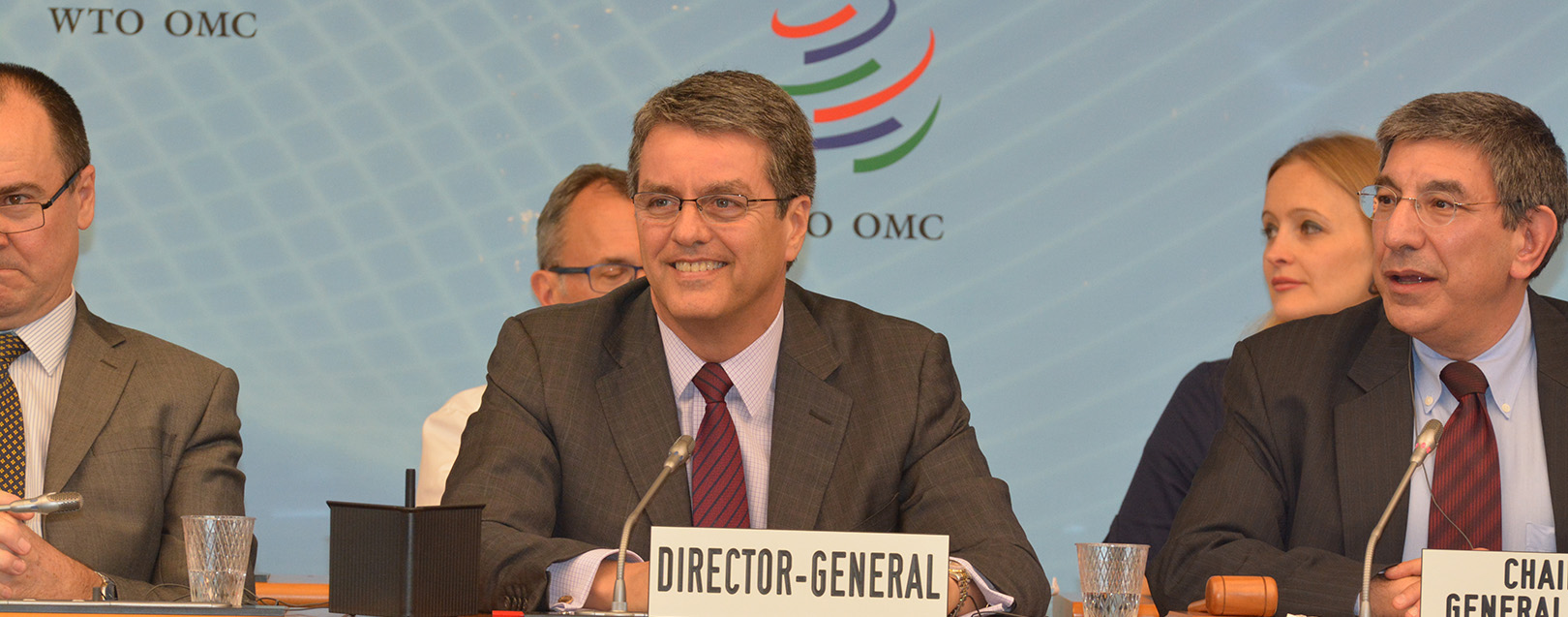
RTAs can’t replace multilateral trading system: WTO chief
The Dollar Business Bureau | @TheDollarBiz
Roberto Azevêdo, Director-General of the World Trade Organisation (WTO), said that while Regional Trade Agreements (RTAs) are growing and important for global trade, they cannot replace multilateral trading system. According to the WTO, RTAs have grown significantly in the past two decades; the WTO has been notified of 253 RTAs which suggests an average of 24 RTAs per year. However, growing popularity does not mean that everything is fine with RTAs. Around one-fifth of RTAs are now large trade agreements involving more than two countries and WTO says that around 20% of the disputes now involve a RTA partner. Apart from dispute settlement, WTO plays a significant role in solving problems related to trade which are actually global in nature such as trade facilitation, financial or telecoms regulations, farming subsidies, and anti-dumping or countervailing duties. Moreover, it does not make sense to grant privileges to some countries and bar others. “If you do it for one country, in practical terms you do it for everyone,” Azevêdo said in a WTO Seminar on Cross-Cutting Issues in RTAs. Another problem with RTAs is that they often overlook small countries. “The smaller the country, the smaller the company, the smaller the trader, the bigger the likelihood is that they will be excluded,” Azevêdo said. The WTO chief harped on the need to deliver on what was agreed in Bali to strengthen the multilateral trading system. He also informed that the intensive consultations on the Trade Facilitation Agreement (TFA) have produced no solution so far. Meanwhile, Azevêdo has warned that disputes may take a longer time to be resolved this year. He said that the WTO’s Dispute Settlement Body (DSB) is facing a shortage of manpower due to the exodus of legal experts to the more lucrative private sector, but added that there would be no favouritism or bias in settlement of dispute cases.
This article was published on September 29, 2014.







 to success.
to success.